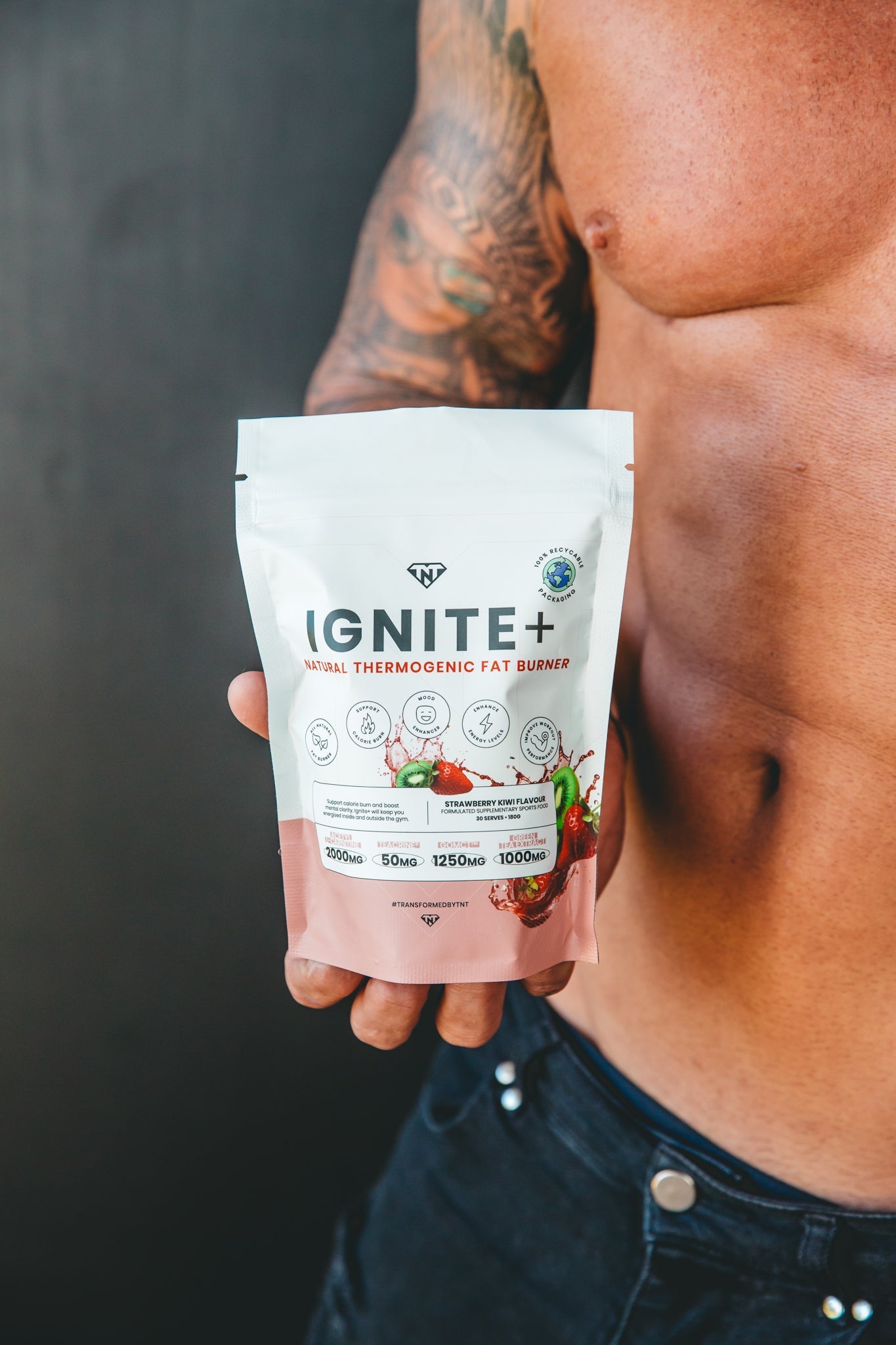What Is The Gut Microbiome?
Imagine your gut as a bustling neighbourhood where trillions of tiny, helpful neighbours live. This community is called the gut microbiome, and it's made up of various bacteria, viruses, and fungi that call your digestive system home. Now, don't worry, these microorganisms are like your personal health squad. They help break down food, produce essential vitamins, and even chat with your immune system to keep things in check. It's like a mini ecosystem inside you, and a happy gut microbiome usually means a happy you.
How It Links To Mental Health
Your gut and brain are like texting buddies, constantly exchanging messages through what's known as the gut-brain axis. The gut microbiome can produce neurotransmitters, the brain's messengers that influence mood and emotions. Plus, they're involved in producing short-chain fatty acids, which can affect brain function. When your gut microbes are happy and thriving, they can send good vibes to your brain, potentially boosting your mood and keeping stress in check.
Signs Your Gut Microbiome Isn’t Feeling Its Best
When your gut microbiome isn't feeling its best, it might send out a few signals that something's off.
Here are some key symptoms to look out for:
- Persistent bloating, gas and constipation
- Diarrhoea
- You feel like you’re getting sick a lot more often than normal
- Struggling with food intolerances
- Feeling more stressed or anxious
-
Down in the dumps
Keep an eye out for these signals, and if things don't feel quite right, it might be worth giving your gut a little extra care to help both your digestive and mental well-being get back on track.
How To Combat With Nutrition
The Green Veggie Advantage
A diet rich in green vegetables is key for a thriving gut microbiome, crucial for overall well-being. Green veggies are packed with fibre, prebiotics, and essential nutrients that promote the growth and diversity of beneficial bacteria in the digestive system. Examples of green powerhouses include spinach, kale, broccoli, and Brussels sprouts. These veggies are not only low in calories but also contain insoluble fibre, which aids in the movement of food through the digestive tract, preventing constipation and promoting a healthy bowel environment. They also contribute to the production of short-chain fatty acids, essential for maintaining the integrity of the gut lining.

Avoid Pesticides
It’s crucial to be mindful of the potential risks associated with conventional fruits and veg you can buy from some supermarkets, they’re usually covered in pesticides that can disrupt the delicate balance of the gut microbiome. To minimise exposure, choosing organic or "spray-free" produce whenever possible is a good idea. However, for those who may not have easy access to organic options, thorough washing and proper food preparation can help reduce pesticide residues. Soaking fruits and vegetables in a solution of vinegar and water, scrubbing them with a brush, or opting for produce washes can be effective methods to remove surface pesticides.

Probiotic Power Of Fermented Foods
Incorporating fermented foods into your diet is a wise and delicious strategy. These foods are rich in probiotics, the beneficial bacteria essential for maintaining a healthy balance in the gut. Options such as natural or Greek yoghurt, tempeh, tofu, kefir, sauerkraut, kimchi, and miso are not only flavorful additions to meals but also potent sources of probiotics. These live microorganisms aid in the digestion and absorption of nutrients, support immune function, and contribute to the overall well-being of the digestive system.

Don’t Forget To Exercise
Exercise is a cornerstone of overall health, and its positive impact extends to the gut microbiome. Engaging in physical activity has been linked to a diverse and flourishing community of gut bacteria, which plays a pivotal role in maintaining a healthy digestive system. Making regular exercise a part of one's routine not only benefits physical fitness but also fosters a resilient and vibrant gut environment, contributing to overall well-being.
Happy Gut, Happy You
It’s clear that looking after a thriving gut microbiome is not just about digestion but is a gateway to overall well-being. By prioritising the right nutrition, incorporating probiotic-rich foods, and staying active through regular exercise, you are actively nurturing the symbiotic relationship between your body and the trillions of microorganisms in your gut. To kickstart your journey towards overall wellness, check out our curated selection of nourishing recipes, supplements, and exercise routines designed to empower you on the path to optimal health. Invest in yourself today, and let the journey to a harmonious and resilient gut pave the way for a healthier, happier you.






